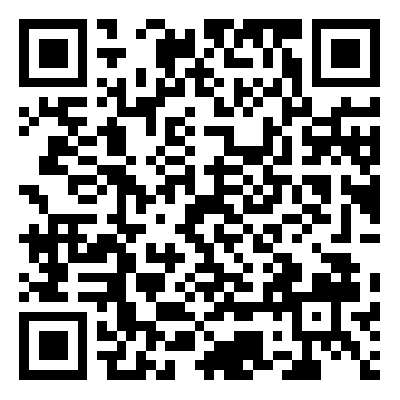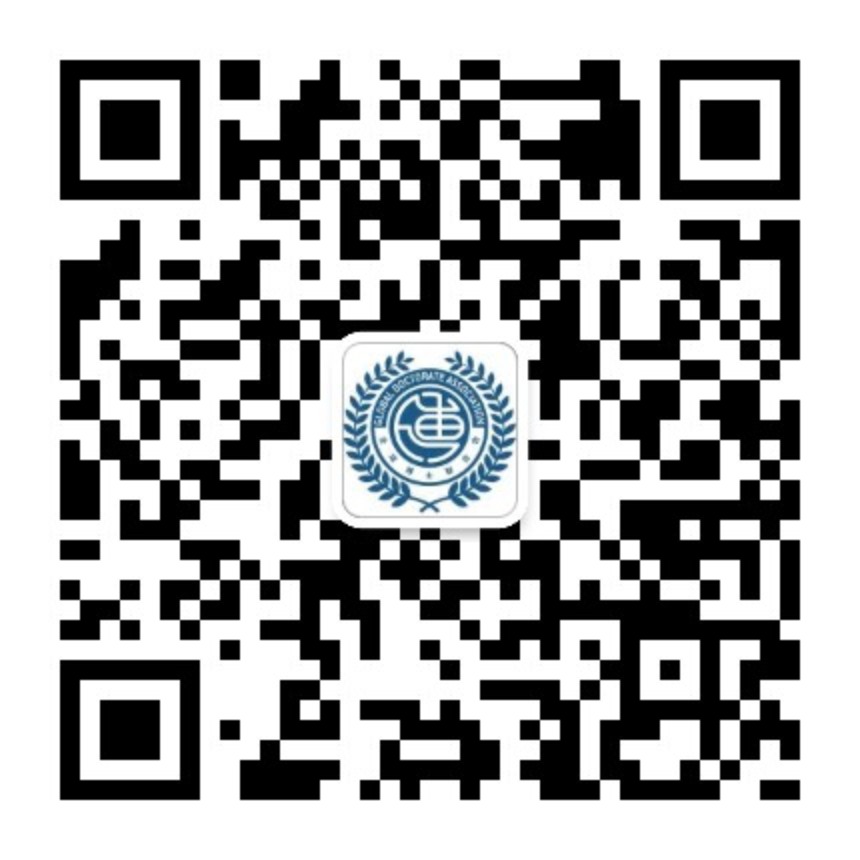
推语
很高兴邀请到数字化转型专家Dr.John 。下面分享一篇John 和他的伙伴对信息技术意义理论的探讨,希望能给到你们一些启发。

接上文......
For Habermas (1984), a medium is an entity that enables social relations. He distinguishes between the steering media such as money and power on the one hand and unmediated communicative action on the other hand. The transfer of action coordination from language over to steering media means uncoupling of interaction from lifeworld contexts. The lifeworld is no longer needed for the coordination of action. Societal subsystems differentiated out via media of this kind can make themselves independent out of the lifeworld which gest shunted aside into the system environment. Delinguistified media of communication such as money and power connect up interactions in space and time into more and more complex networks that no one has to comprehend or be responsible for. Systemic mechanisms create their own, norm-free social structures jutting out from the lifeworld.

In IS research, Burton-Jones (2014) recently suggested that a book as important as Zuboff’s Age of the Smart Machine (1988) is more valid than ever, for instance through the distinction between automation and access to information. Such a distinction about the contrasted transformative effects of technology can be found in the distinction between representational computing and experiential computing (Yoo 2010), social capital and symbolic interaction (Fisher, Boland and Lyytinen 2016) and language and the power of ideal conversation (Boland and Lyytinen 2017) (Table 1)

However, such a theory also may find inspiration the philosophy of Kant (1981/1933). Whereas the theory of information relies on a view of causality that is based on ahypothetical imperative, a theory of meaning does not belong to the same realm of philosophy. Such an inquiry would be more germane to the categorical imperative that laid the ground for the Critique of Practical Reason (Kant 1784/ 1935). Another necessary component for a theory of meaning would be to include Husserl’s (1934/1970) critique of the Crisis of European Sciences. By contrast, Husserl called for a science directed toward human beings as persons. Persons have one and the same surrounding world community of life, of personal interrelations, of activities, and of other ways of being determined by and comporting oneself toward worldly things. This world is called by Husserl the lifeworld.
Therefore, the aim of “humanistic sciences” is the science of conscious relations between human beings, including their action and passions. Conversely, it is the science of the world as the surrounding world of persons, or as the world appearing to them, having validity for them. A communal surrounding world is constituted for the historical community. Each of us belong to this world, as do our fellow men. The world may be made of objects of practice for each of us. But the world may also be considered as a surrounding world for all of us involved in a praxis, for each of us in our practical direction of interest. Humans may accomplish things in an egoistic interest or in a communal interest (Husserl, 1970). This opposition was subsequently elaborated by Heidegger (1954/1996). For Heidegger, the influence of the systems creates passing-by-another, not considering the others.
By contrast, an inquiry toward the meaning of being should be directed toward considering the Person as a being-with- with others (Table 2).

This research calls for development of a theory of meaning that should replaceinformation theory in the evaluation of information systems. Inspired by Habermas’ (1984) Theory of Communicative Actionand the way that theory is extensively used as a foundational text in media studies for highlighting dangers. Our suggestion is to elaborate upon Zuboff’s (1988) Age of the Smart Machine for identifying trends in IS research that may contribute to such a new Theory of Meaning. However, such a theory will also require inspiration from the philosophies of Kant, Husserl and Heidegger for better understanding the contrasting transformative effects of technology beyond the context of social media.
Boland Jr, R.J. and Lyytinen, K. 2017. “The Limits to Language in Doing Systems Design” European Journal of Information Systems, (26:3), pp.248-259.Burton-Jones, A. 2014. “What Have we Learned from the Smart Machine?” Information and Organization, (24:2), pp.71-105.Fisher, M., Boland Jr, R. and Lyytinen, K. 2016. “Social Networking as the Production and Consumption of a Self”. Information and Organization, (26:4), pp.131-145.Habermas, J. 1984. Theory of Communicative Action, Routledge.








 微信扫一扫
微信扫一扫
 复制链接
复制链接









